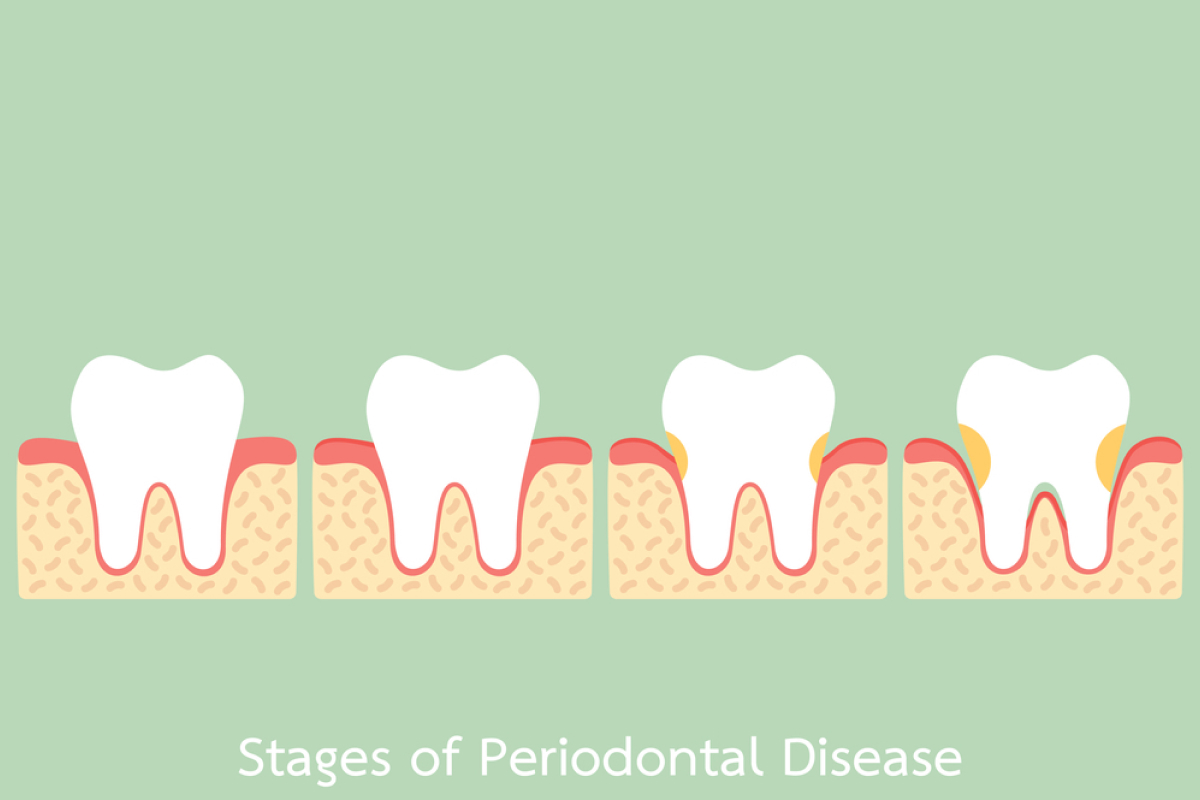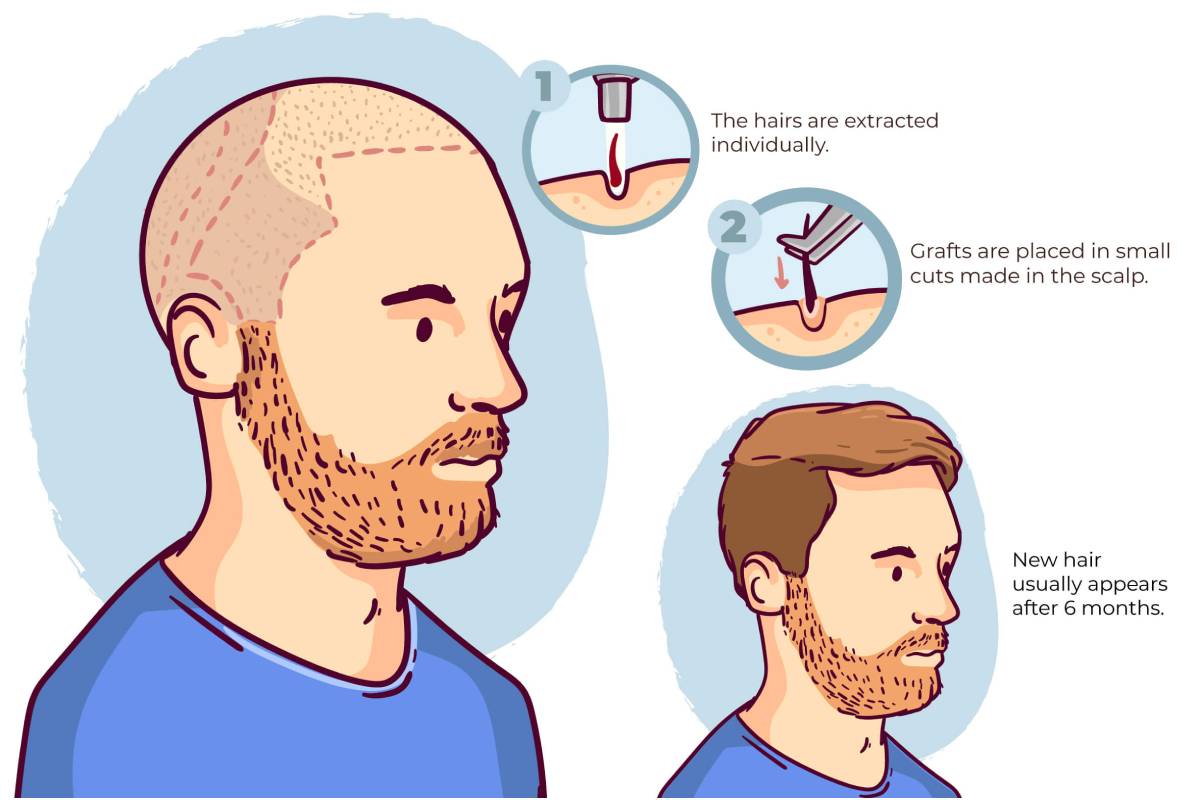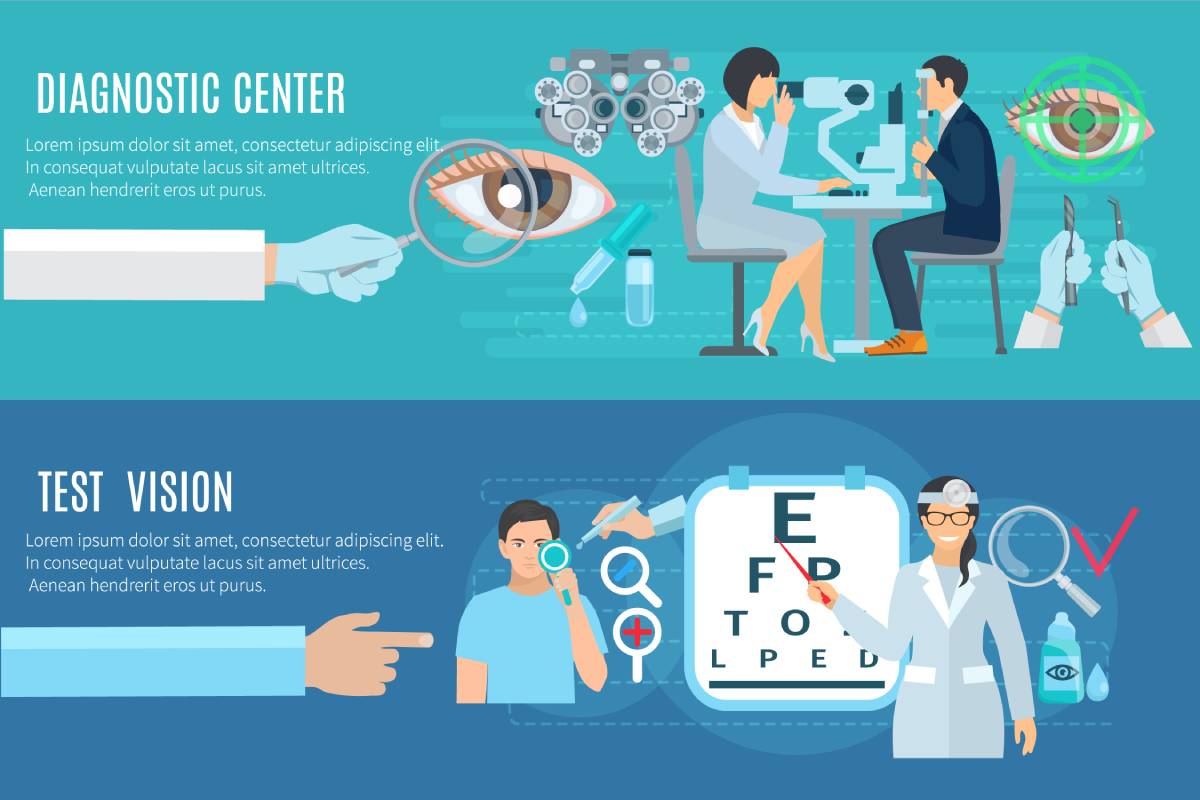
Understanding Periodontal Disease
Periodontal disease is a bacterial infection that affects the gums and the surrounding structures of the teeth. It typically starts with the accumulation of plaque, a sticky film of bacteria that forms on the teeth. If not removed through proper oral hygiene, plaque can harden into tartar, leading to inflammation of the gums (gingivitis). Without intervention, gingivitis can progress to periodontitis, causing irreversible damage to the gums and bone supporting the teeth.
Signs and Symptoms
Recognizing the signs and symptoms of periodontal disease is essential for early intervention. Common indicators include:
- Red, swollen, or tender gums
- Bleeding gums, especially during brushing or flossing
- Receding gums or changes in gum line
- Persistent bad breath
- Loose or shifting teeth
- Pain while chewing
- Pus between gums and teeth
Prevention Strategies
Preventing periodontal disease begins with maintaining good oral hygiene habits:
- Brushing: Brush your teeth at least twice a day with fluoride toothpaste, using proper technique to clean all tooth surfaces.
- Flossing: Clean between your teeth daily with dental floss or interdental brushes to remove plaque and debris.
- Regular Dental Visits: Schedule routine dental check-ups and cleanings to detect and address early signs of gum disease.
- Healthy Lifestyle: Avoid tobacco use, maintain a balanced diet, and limit sugary snacks and beverages.
- Use Antiseptic Mouthwash: Rinse with an antiseptic mouthwash to reduce bacteria and plaque.
Treatment Options
If you are diagnosed with periodontal disease, your dentist or periodontist may recommend one or more of the following treatments:
- Scaling and Root Planing: Deep cleaning to remove plaque and tartar from below the gum line and smooth the tooth roots.
- Antibiotics: Topical or oral antibiotics to control bacterial infection and reduce inflammation.
- Surgical Procedures: In advanced cases, surgical interventions such as flap surgery or bone grafting may be necessary to repair damaged tissues and restore oral health.
- Lifestyle Changes: Your dentist may advise lifestyle modifications such as quitting smoking or improving oral hygiene practices.






